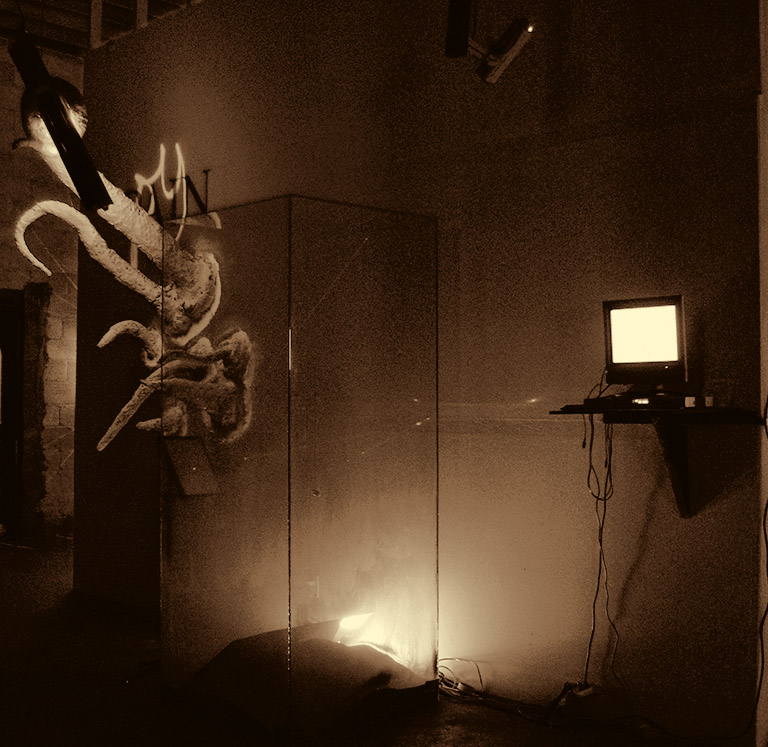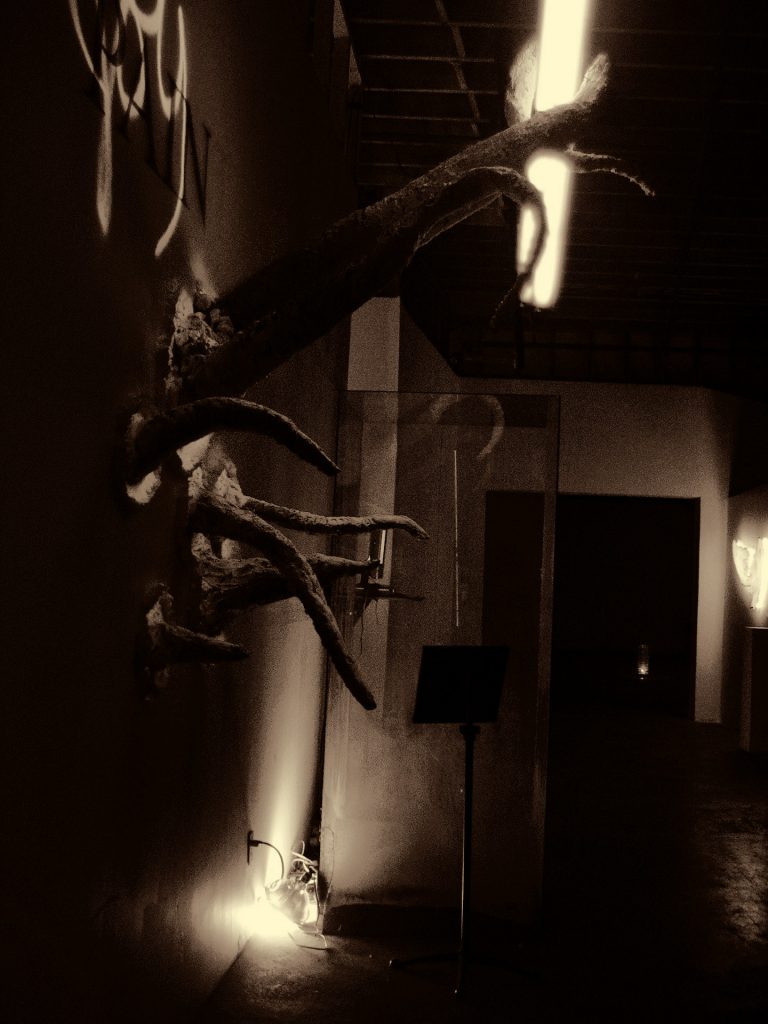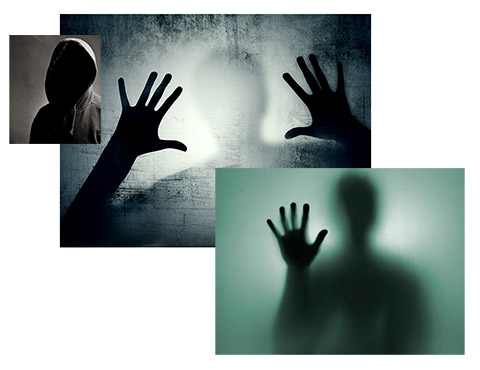What exactly does it mean to “discover” people in “invisible parts” of the universe? To see them (for the first time)? To get knowledge of them? To find them or find out about them? Were they previously unseen or completely unknown and is there a difference? And, what does it mean to talk about invisible parts of the universe? What parts? Remote sections previously unexplored? Regions of dark matter? Other dimensions? More proximate but overlooked locations? Discovery in this instance suggests that not only are the realms in question invisible but so are the people found there (at least in some sense).
Approximately five per cent of an otherwise invisible universe is visible (according to physicists) and even less is dense enough to form matter. If so, then the number of planets that could conceivably support people amounts to a few specks of dust in the far reaching, ever expanding immensity of the cosmos making contact very unlikely. However, close to home there exist “others” in the “world” that for whatever reason are fully or partially invisible, as are their plights and their provinces. This in no way infers or cancels a lack of interest in imaginary beings, inhabitants of other dimensions or possible travelers coming and going via black holes between multiverses, though it does suggest an opportunity to confront the immediate “problem” of the “I” of the other that has posed such difficulty for those who insist on denying the existence of a “self” apart from their own. While many may find advantage, or even seek refuge, in anonymity (a kind of selective invisibility) for the most part being invisible is tantamount to powerlessness, abandonment and death. To be unseen is to be among the walking dead or even the cold departed, and certainly the already forgotten.
What is out of sight, hidden, can obviously make itself felt. Black holes and dark matter have definite affects on the visible as do many other unseen forces (gravity, electromagnetic fields, emotions), all capable of pushing, pulling or otherwise setting events in motion or preventing everything from falling apart, and, so too, does the recognition of the idea of a common human nature, a humanity shared with others. All people, it must be said, are deserving of discovery no matter their cosmic situation.
Accompanying the harsh diagnosis of the difficulty of acknowledgement of the full humanness, body and flesh, of the stranger is the understanding that along side this slow evolution of consciousness in the direction of greater awareness and compassion are darker, more menacing developments. Violent emotions and violent actions. The odd fussiness and spectacle of society is all too plain, and submitted to with a strange, postmodern commixture of sincerity and cynicism, and often from the position of someone who knows s/he’s always being monitored. The result is an acute, almost unbearable heaviness; a strained awareness of the pervasiveness of media and of life performed rather than lived. In manufactured realities acted out on the everywhereness of an always all-present post-Freudian stage monsters are born and perpetuate endless rituals of chance and coincidence in which naked desires and privileged relations are imposed upon fantasies of imponderable accession.
 |
||
| installation, eyedrum gallery, Atlanta, GA 2008 |  |
|
 |
 |
|
| There are forms of oppression and domination which become invisible – the new normal. — Michel Foucault |
||
 |
“We deny end goals: if existence had one, it would have been reached.” — Nietzche (1926) | |